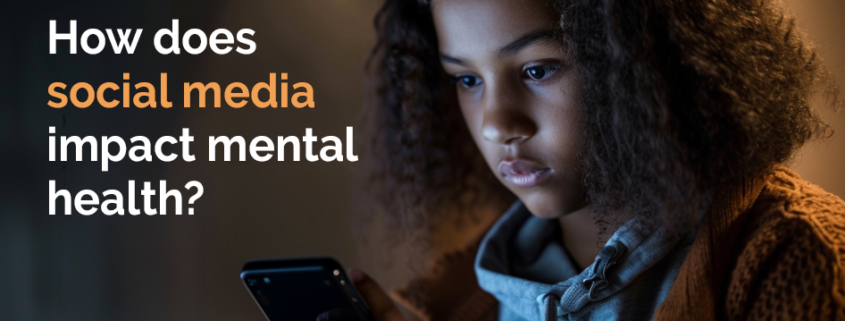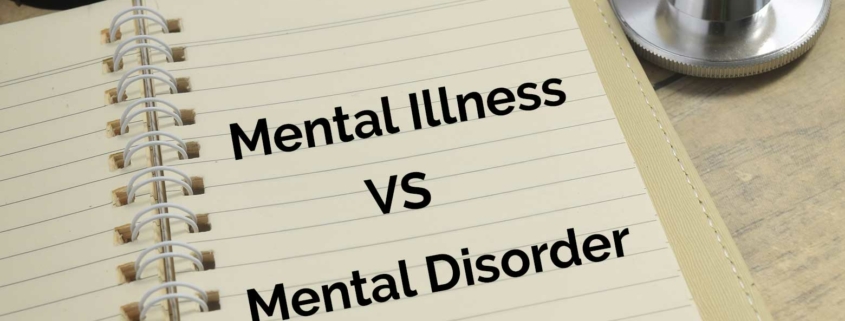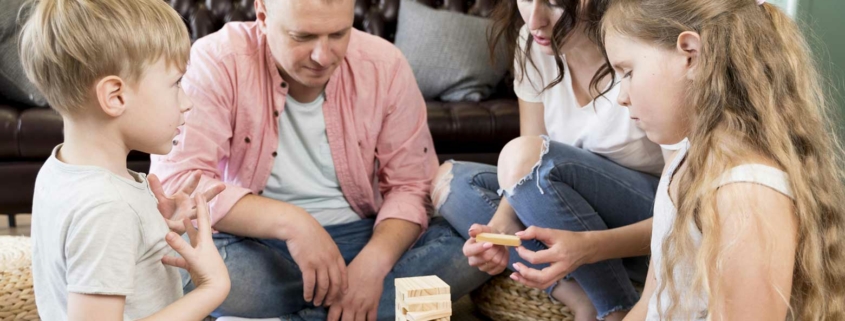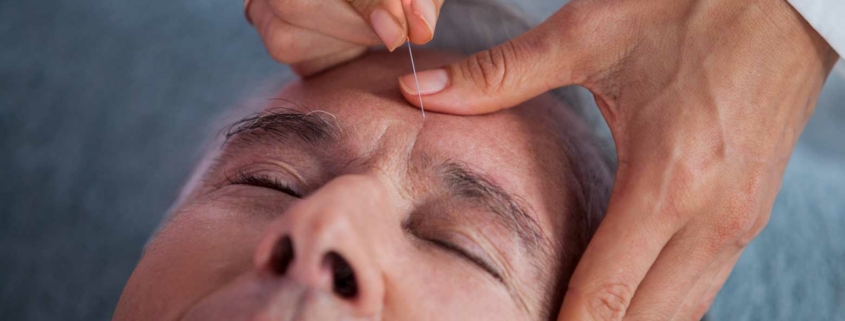Let’s Talk about the Impact of Social Media on Adolescent Mental Health
Online socialization is part of everyday life. Thanks to smartphones, the internet is always just a tap or two away, leading to a drastic increase in the amount of time adolescents and young adults spend online. According to the Pew Research Center, nine in ten U.S. teens use social, with close to half admitting to high levels of screen time.
There’s no two ways about it – social networks impact the mental health of teens and young adults who are constantly online. It’s now a regular part of young people’s lives, so it’s important to understand the real-life consequences when it comes to excessive use of social media (and how to support those who are feeling the effects).












